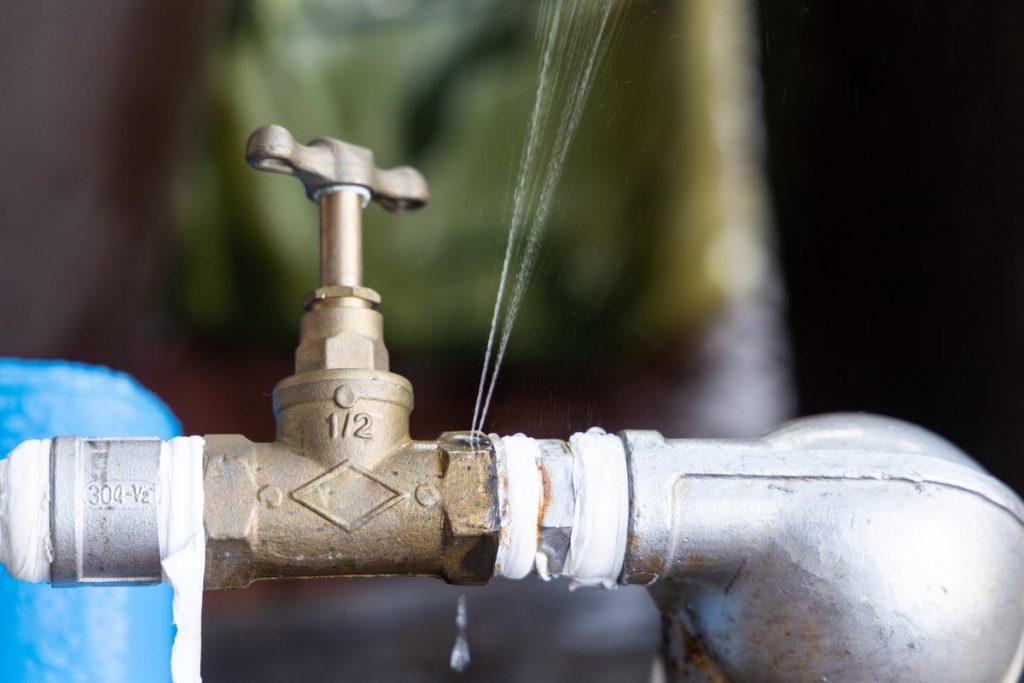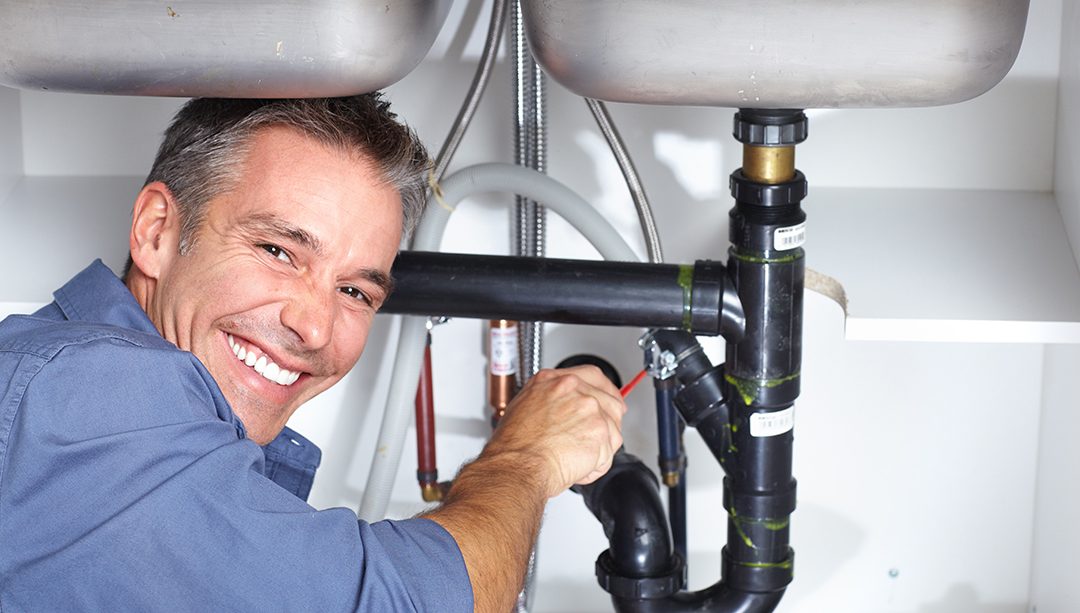Managing Plumbing Challenges in Older Homes: Ways to Fix Issues
Managing Plumbing Challenges in Older Homes: Ways to Fix Issues
Blog Article
The publisher is making several good points on the subject of Main Plumbing Issues Found in Old Houses as a whole in this great article down below.

Older homes commonly come with beauty, character, and history, yet they can likewise bring a host of plumbing problems. Whether you're managing aging pipes, low tide stress, or leaks, understanding just how to deal with these usual problems is vital to maintaining a safe and practical home. In this guide, we'll check out the typical plumbing obstacles encountered by older homes and provide sensible solutions to keep your plumbing in top form.
Understanding Typical Pipes Concerns
Aging Pipes
One of one of the most common problems in older homes is aging pipes. Depending upon the era in which your home was developed, the pipelines may be made from products that have worn away in time, such as galvanized steel, cast iron, or perhaps lead. These materials can corrode, become brittle, or develop leaks, bring about water damage and prospective carcinogen.
Low Tide Pressure
If you're experiencing low tide pressure, maybe due to mineral deposits, corrosion inside the pipelines, or old fixtures that are no more working efficiently. This can be a significant inconvenience, particularly in locations like showers and sinks.
Leaking Pipelines
Leakages are another constant problem in older homes, typically brought on by rusty or damaged pipelines. Even little leaks can result in considerable water damage, mold growth, and boosted water costs if not resolved quickly.
Out-of-date Fixtures
Outdated plumbing fixtures such as faucets, commodes, and showerheads not just look old yet might also be less effective, susceptible to leakages, or inappropriate with modern plumbing requirements.
Pipe Corrosion
Deterioration is a common issue in older pipes, particularly those made from galvanized steel or cast iron. Rusty pipelines can restrict water circulation, create discoloration, and at some point result in leaks or pipeline ruptureds.
Evaluating the Condition of Your Pipes
Evaluating Noticeable Pipelines
Begin by examining any kind of visible pipelines in your house, such as those in cellars, crawl spaces, or under sinks. Seek indications of rust, leakages, or corrosion, which can show underlying concerns.
Looking for Leakages
Look for leakages by examining locations around taps, toilets, and under sinks. You can also check your water meter prior to and after a duration of no water utilize to discover covert leakages.
Water Top Quality Testing
Older pipelines can affect the top quality of your water. Conduct a water high quality examination to look for contaminants such as lead, rust, or various other pollutants that might be presented by aging pipes.
Solutions for Common Pipes Problems
Replacing Aging Pipes
If your home has old, wearing away pipes, consider changing them with modern materials like copper or PEX. This can be a considerable investment, however it will prevent future concerns and boost the safety and reliability of your pipes system.
Taking Care Of Low Water Stress
To deal with low tide stress, start by cleansing or changing old components and getting rid of mineral accumulation in the pipelines. If the issue persists, it may be needed to change sections of corroded pipes.
Repairing and Changing Leaking Pipes
For little leakages, you can use pipe clamps or epoxy putty as a temporary fix. Nonetheless, it's finest to change dripping pipes totally to avoid additional damages.
Upgrading Components
Updating old components to modern-day, water-efficient models can enhance your home's plumbing performance and reduce water intake. Seek components with the WaterSense label for the best efficiency.
Taking Care Of Pipe Rust
If your pipes are corroded, replacing them with corrosion-resistant materials like copper, PVC, or PEX is the most effective remedy. Normal evaluations and water quality maintenance can assist avoid additionally rust.
When to Call an Expert
While some plumbing problems can be managed with DIY options, there are times when it's best to employ a professional. If you're taking care of significant leakages, comprehensive rust, or are uncertain about the condition of your pipelines, a licensed plumbing professional can provide expert evaluation and repair work.
Preventive Maintenance Tips
Routine Examinations
Consistently inspect your pipes system for indications of wear and tear. Capturing problems early can prevent expensive fixings down the line.
Water Pressure Guideline
Guarantee your water stress is within the suggested range to stay clear of stressing your pipelines and components. A plumbing technician can mount a pressure regulatory authority if required.
Water Quality Upkeep
Mount water filters or conditioners if your water quality is poor. This can safeguard your pipelines and fixtures from damage brought on by difficult water or impurities.
Proactive Pipe Substitute
If your home has older pipelines, take into consideration proactive substitute before significant issues emerge. This can save you from emergency repair services and water damages.
Verdict
Managing pipes issues in older homes needs a mix of vigilance, preventive upkeep, and prompt upgrades. By comprehending the usual challenges and knowing when to look for expert assistance, you can ensure your pipes system remains useful and reliable for several years to find.
Common Plumbing Problems in Older Homes
Older homes have a ton of character from the antique brass faucets, clawfoot tubs, and colorful tile to the Dutch doors, transom windows, and archways, there s a lot to love. Unfortunately, that character often includes old plumbing that s past its prime and isn t fit to support modern appliances.
If you own an older home and are suspicious about strange noises (ghosts?), smells, leaks, or frequent clogs in your plumbing, it's possible that your home s old age is to blame.
Learn more about the most common old house plumbing problems, and what can be done to fix them!
What Are the Most Common Plumbing Problems in Old Houses?
Old, corroded piping. Most older pipes are made of material that corrodes and rusts more easily. Even if over the years some of that piping was replaced with better material, the rest may be damaged or repaired with lower-quality material. Though expensive, it may be the best option to re-pipe your plumbing especially if there s rust or lead in your water. Slow drains. This could be the result of many issues, but most likely because of pipe bellies. These are sags in your drainpipes that happen as your home settles and shifts downward over time, putting pressure on your pipes and creating negative slopes. This can restrict water from flowing correctly through them and result in slow drains. Frequent clogging. As you might expect, pipe bellies can also lead to frequent clogging. Another reason for clogging could be due to buildup over time, or blockages from sediment and root growth. Scheduling a drain inspection and drain unclogging service can eliminate this issue. Damaged or failing sewer lines. Old homes are more likely to have foundational shifts and tree root overgrowth. This can put a lot of pressure on and in your sewer lines, leading to damage. Another common reason for failed sewer lines is because of modern appliance upgrades. Newer appliances put more strain on sewer lines, and if your old pipes aren t equipped to handle this, it can result in damage. If you have any wastewater backup, slow drains, or soft spots in your yard, you may need sewer line replacement. Worn or outdated fixtures. Plumbing fixtures old or new aren t built to last forever. Even if your fixtures seem like they re working well, it s best to check the wear on any internal parts. Minor wear and tear over time can lead to more costly leaks and plumbing issues. Our experts can perform a plumbing inspection for any part of your home s plumbing. Improper installations or repairs. Whether your plumbing was installed a hundred years ago, installed incorrectly, repaired incorrectly, or repaired with outdated materials, this can affect the long-term stability of your plumbing. In older homes especially, having your plumbing inspected is vital to preventing damage. What Are Old Plumbing Pipes Made Of?
Galvanized steel. Most often used between the 1930s and the 1980s, this piping material was discovered later in the 1990s to be prone to rust and corrosion, releasing lead into the water, which is dangerous to consume. Copper. Most homes built around the 1960s are likely to have copper piping. Unlike galvanized steel, copper is one of the most durable materials for plumbing pipes. The issue with this material is the risk of lead, which could be present in the piping itself or the solder applied to the joints and fittings. PVC. This material is still used today and was often used in older homes where piping was replaced because it was easy and inexpensive to install. PVC is also very durable, lead-free, resistant to rust and corrosion, and handles high water pressure well. The downside is that hot water can make it warp. How to Fix Plumbing Problems in Old Homes
Have your plumbing inspected. Before you begin or schedule any type of repair, schedule a plumbing inspection. An expert will be able to properly identify all the issues in your plumbing and the best solution to avoid further damage. Get your plumbing repaired or replaced as needed. Depending on the issues found with your plumbing, you may need minor repairs or larger replacements. Make sure these issues are addressed before you tackle any smaller issues. Remove any clogs or buildup. It s likely your old pipes are clogged with debris, mineral buildup, hair, tree roots, and more. Having your drainpipes cleaned will improve overall drainage and help prevent future leaks. Replace old fixtures. Before replacing any fixtures, check with your local plumber first. Not only can new fixtures strain your old plumbing pipes, but installing them incorrectly can lead to costly damage.

I recently found that piece on Common Plumbing Problems in Older Homes when doing a search on the search engines. Sharing is caring. Helping people is fun. Thank you for your time. Don't hesitate to pay a visit to our website back soon.
Book A Service Report this page